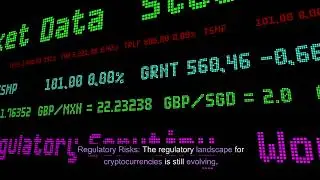iShares Floating Rate Bond ETF: $FLOT
The iShares Floating Rate Bond ETF (FLOT) is a exchange-traded fund (ETF) that aims to provide investors with exposure to the floating rate bond market. Floating rate bonds are a type of bond where the interest rate paid to investors adjusts periodically based on a benchmark interest rate, such as the London Interbank Offered Rate (LIBOR).
One of the main advantages of floating rate bonds is that they are less sensitive to changes in interest rates compared to traditional fixed rate bonds. This is because the interest rate paid on a floating rate bond will adjust as interest rates change, which helps to reduce the impact of rising interest rates on the bond's value.
FLOT tracks the performance of the ICE BofAML US Floating Rate Note Index, which is designed to measure the performance of a diversified group of investment grade floating rate U.S. dollar-denominated corporate bonds. The fund has an expense ratio of 0.20% and has been around since 2013.
The fund is considered a relatively low-risk investment, as the bonds in the underlying index are investment grade and have a relatively short-term maturity. The fund has also been relatively stable with low volatility, which can be beneficial for investors looking for a more conservative investment option.
One potential downside of FLOT is that it may not provide as high of a yield as other bond ETFs or bond funds. This is because floating rate bonds typically have lower interest rates compared to fixed rate bonds. However, the lower interest rates on floating rate bonds are offset by the reduced interest rate risk.
In summary, the iShares Floating Rate Bond ETF (FLOT) provides investors with exposure to the floating rate bond market. The fund tracks the performance of a diversified group of investment grade floating rate U.S. dollar-denominated corporate bonds and is considered a relatively low-risk investment option. It's lower yield compared to other bond ETFs or bond funds but it also has less interest rate risk.































